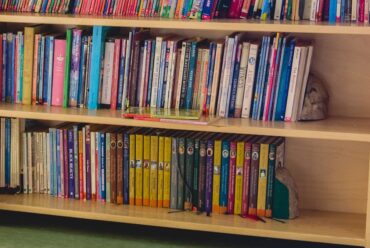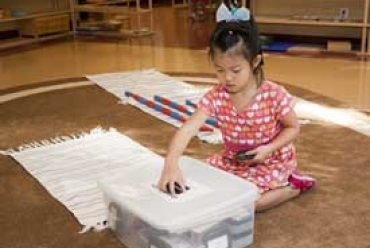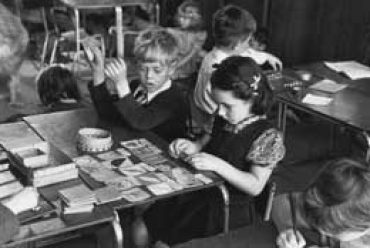20 Words to Know From the Montessori Dictionary
The Montessori Method is a unique approach to helping children learn and grow. Our educational philosophy comes with a few specialized terms pertaining to courses, learning materials, and educational techniques. Whether you are a current parent or simply someone interested in learning more about the Montessori way, here are 20 words to know from the Montessori dictionary.

-
Absorbent mind
From infancy until age six, children go through a period of intense mental growth. This is when a child develops language and discovers the world spontaneously. Kids at this age are able to absorb information from their surrounding environment naturally and without much effort.
-
Casa dei Bambini
Meaning children’s house in Italian, was the name of the first school Maria Montessori opened in 1907. This school was located in the low-income district in Rome where Maria was born, and her philosophy has spread globally since its establishment.
-
Classification
Many Montessori lessons will help children explore sorting, categorizing, and other types of mathematical and scientific classification.
-
Concrete to abstract
At Living Montessori, we apply the concrete to abstract philosophy to many of our lessons. This means that we build a foundation for your child’s understanding by starting with concrete concepts and then progressing to more abstract ideas. For example, in our math curriculum, students learn the decimal system through tactile work with beads and other objects.
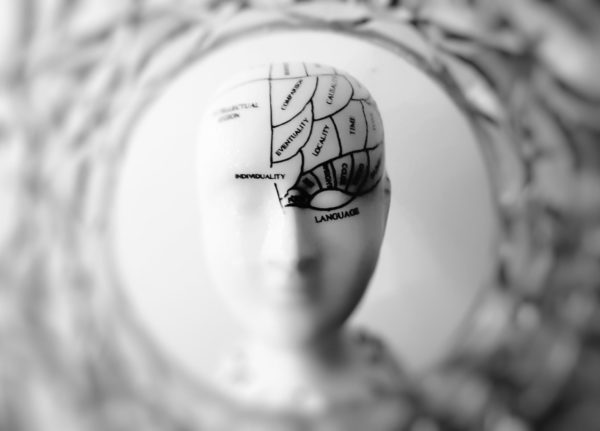
Brain Schematic – Language Centers -
Control of errors
The Montessori method helps children receive immediate feedback as they work. This approach, which helps children understand their successes and mistakes without adult assistance, builds their self-confidence and motivation.
-
Coordination of movement
This term refers to helping children learn how to move through the world and perform basic tasks. From holding a pencil to doing the flamingo pose, our programs help children control and explore movement.
-
Cosmic education
The Montessori Method emphasizes cosmic education, offering lessons about the solar system, the galaxy, and Earth as it relates to the larger cosmos. This approach helps students comprehend the world around them and how the past has shaped it.

Montessori Elementary Student Reading An Illuminating Book -
Didactic materials
Didactic means intended to teach. We use didactic materials and a wide variety of learning tools to help children grasp various ideas and concepts.
-
Erkinder
In German, erkinder translates to child of the Earth. This philosophy drives our school day enrichment programs, which include organic gardening, living green, and outdoor learning programs. We believe children need to understand more than reading, writing, math, and science: They need to know how to cultivate and care for the world they live in.
-
Freedom with responsibility
This idea gives children the freedom to explore various ideas and activities in the classroom, but holds them accountable for taking care of their environment and being courteous to their peers.
-
Grace and courtesy
Living Montessori does not only teach children to read and write; our curricula are built to help children be kind, responsible, and caring citizens. Children will learn social skills and manners, including saying please and thank you, learning how to be polite, and more.
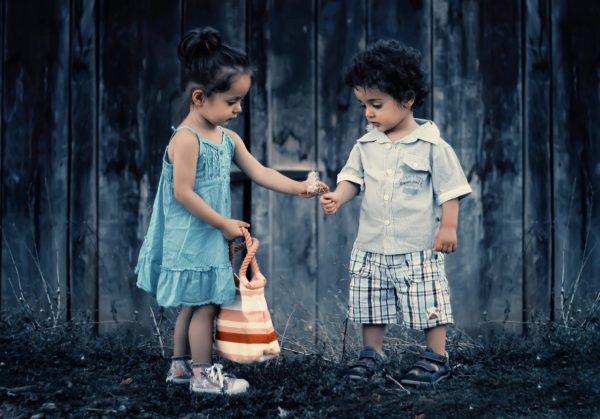
Montessori Preschoolers Practicing Grace And Courtesy -
Mixed ages [or mixed-ages]
Unlike many other education programs, Living Montessori combines a range of ages in one classroom. Children work on individual activities at their own pace, enabling collaboration and cooperation among various ages. Our classes include children ages three to six, six to nine, and nine to 12 years old.
-
Planes of development
These refer to the four periods of growth people go through as they age. Each stage of development builds upon the last. These four periods include:
- Age six and under: Discovery and learning through the absorbent mind
- Ages six to 12: Exploring reasoning and the abstract
- Ages 12 to 18: Building a concept of the social self and developing values and beliefs
- Ages 18 to 24: Developing a concept of one’s self and place in the world.
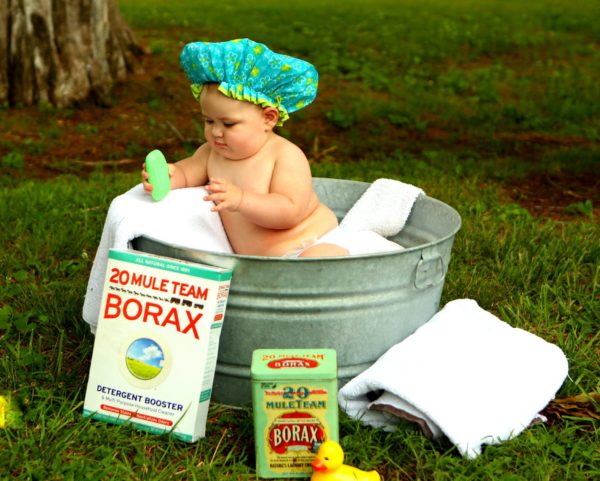
Hatted Infant In A Wash Tub, Holding A Bar Of Green Soap, A Box And Tin Of Borax Nearby -
Practical life
Practical life activities teach children how to take care of their home, classroom, and immediate surroundings. This involves learning about hygiene, exploring empathy, and working independently to navigate real-life situations.
-
Prepared environment
At Montessori schools, teachers prepare the learning environment with purpose and order, strategically shaping the classroom to best suit kids’ learning needs. This ranges from tactile materials to seating arrangements that are suited to individual and group work.
-
Primary classroom
Children ages three to six (typically preschool- and kindergarten-aged children) will learn in our primary classrooms. In these classes, children will develop fundamental skills they can build upon throughout their education.
-
Sensorial exercises
We use sensorial exercises to develop and hone the five senses. Children explore the world by seeing, smelling, touching, hearing, and tasting, and build foundations for concrete learning.
-
Simple to complex
Montessori teachers take a simple to complex approach when presenting students with information. They start with an idea at its most simplistic level and build upon it once children understand the basics.
-
The three-period lesson
Our lessons are often shaped into three periods to best enable your children to learn. These three periods include:
-
Naming period
First, teachers explain what something is and what it is called. For example, the teacher will tell the students,
This is a square.
-
Recognition period
During this period, teachers ask children to share what they just learned. For example, students will have several shaped blocks in front of them and teachers will ask them which block is the square.
-
Recall period
Recall is the final stage. Teachers ask students to recall what they learned from memory. We believe this method helps students fully understand and develop mastery of concepts in class.
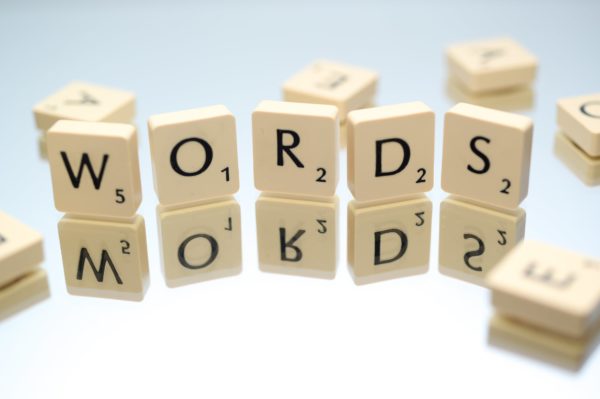
Scrabble® Letter Tiles Stood Vertically On A Mirror, Spelling Words -
-
Work
Maria Montessori defined work as purposeful activity. Children explore work through purposeful activity of their own choice in order to learn and grow.
We hope that understanding a few of the words we use every day will help you get a better understanding of our approach and philosophy. To learn more about Living Montessori, visit our programs page, or contact us to schedule a tour!





